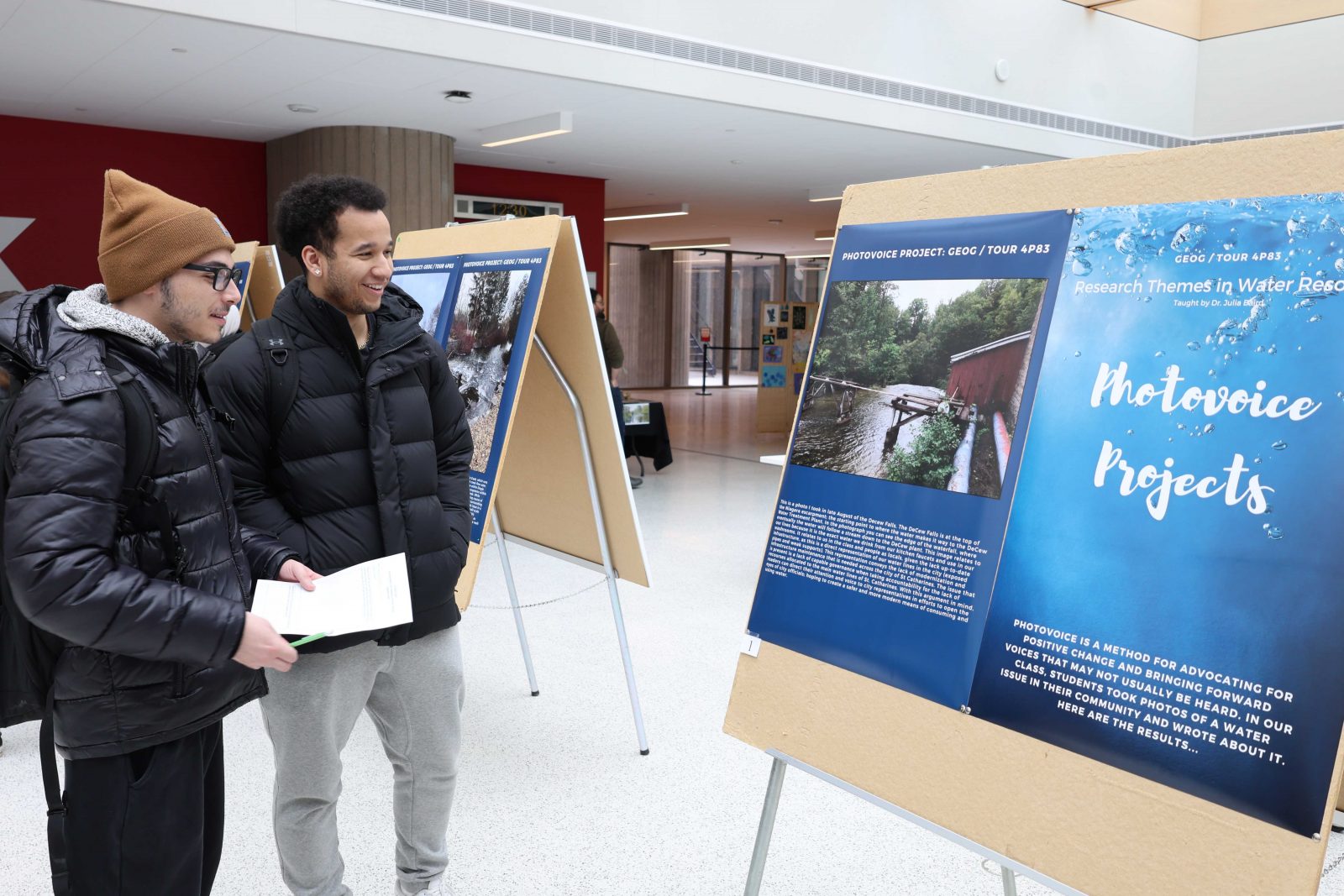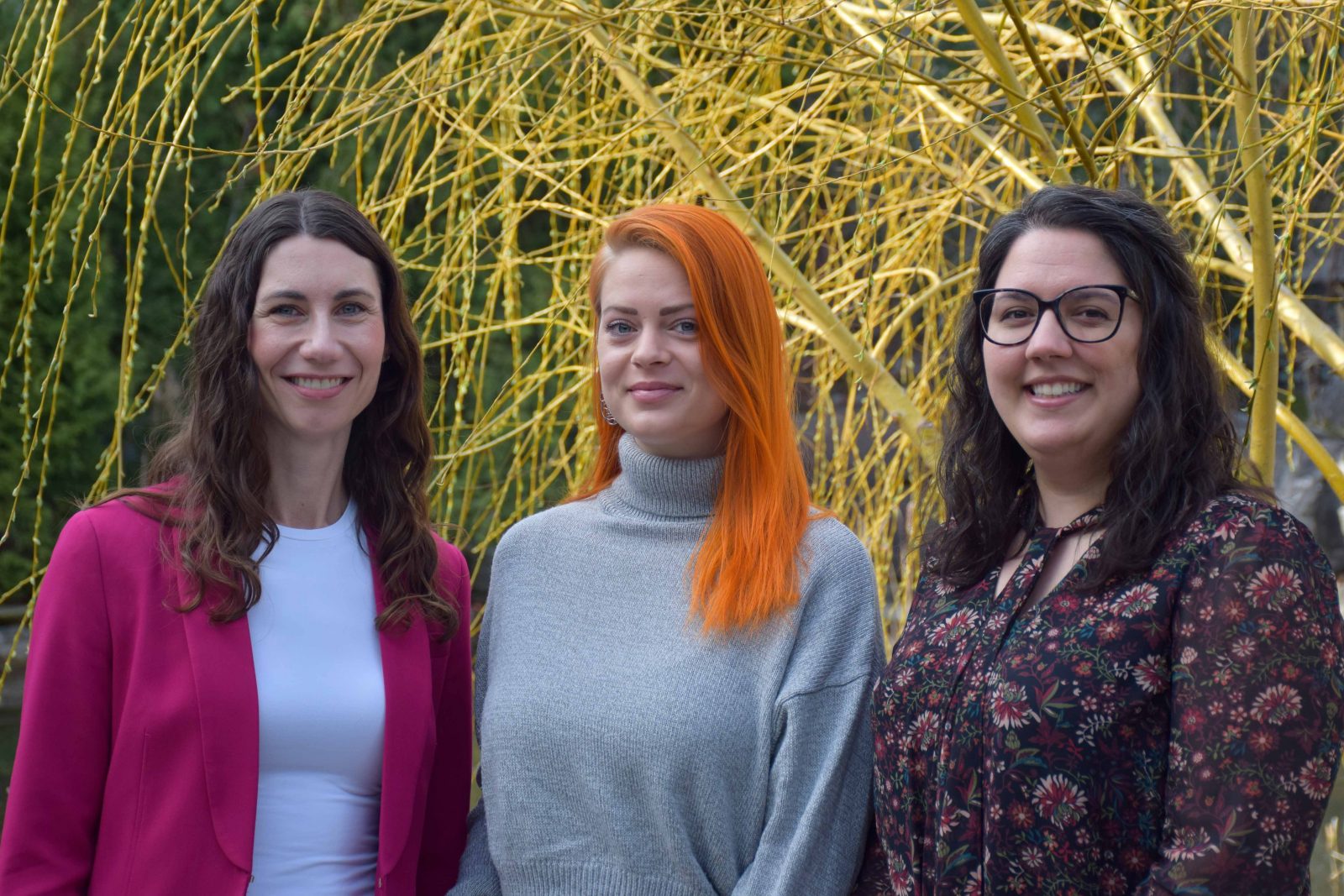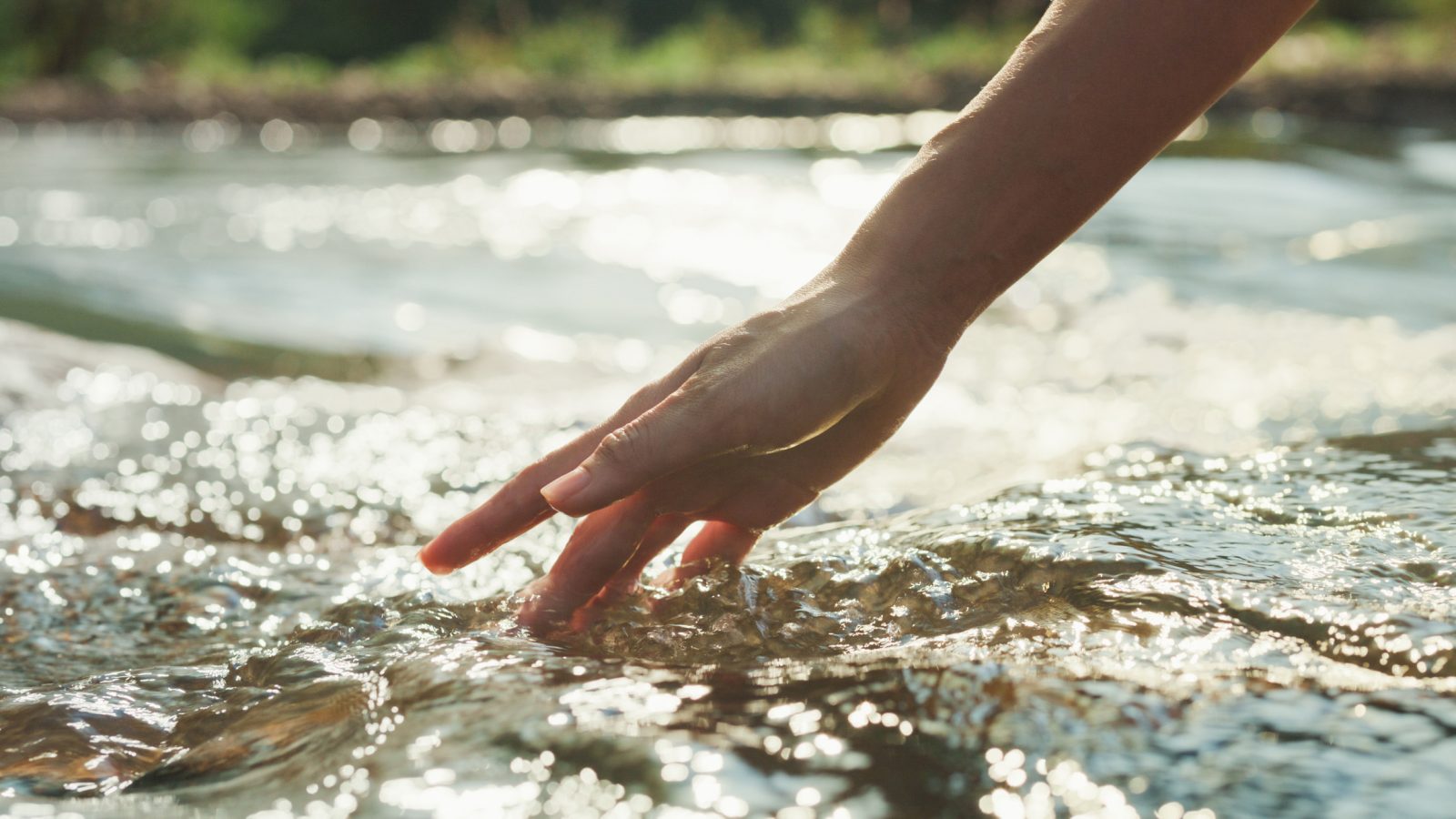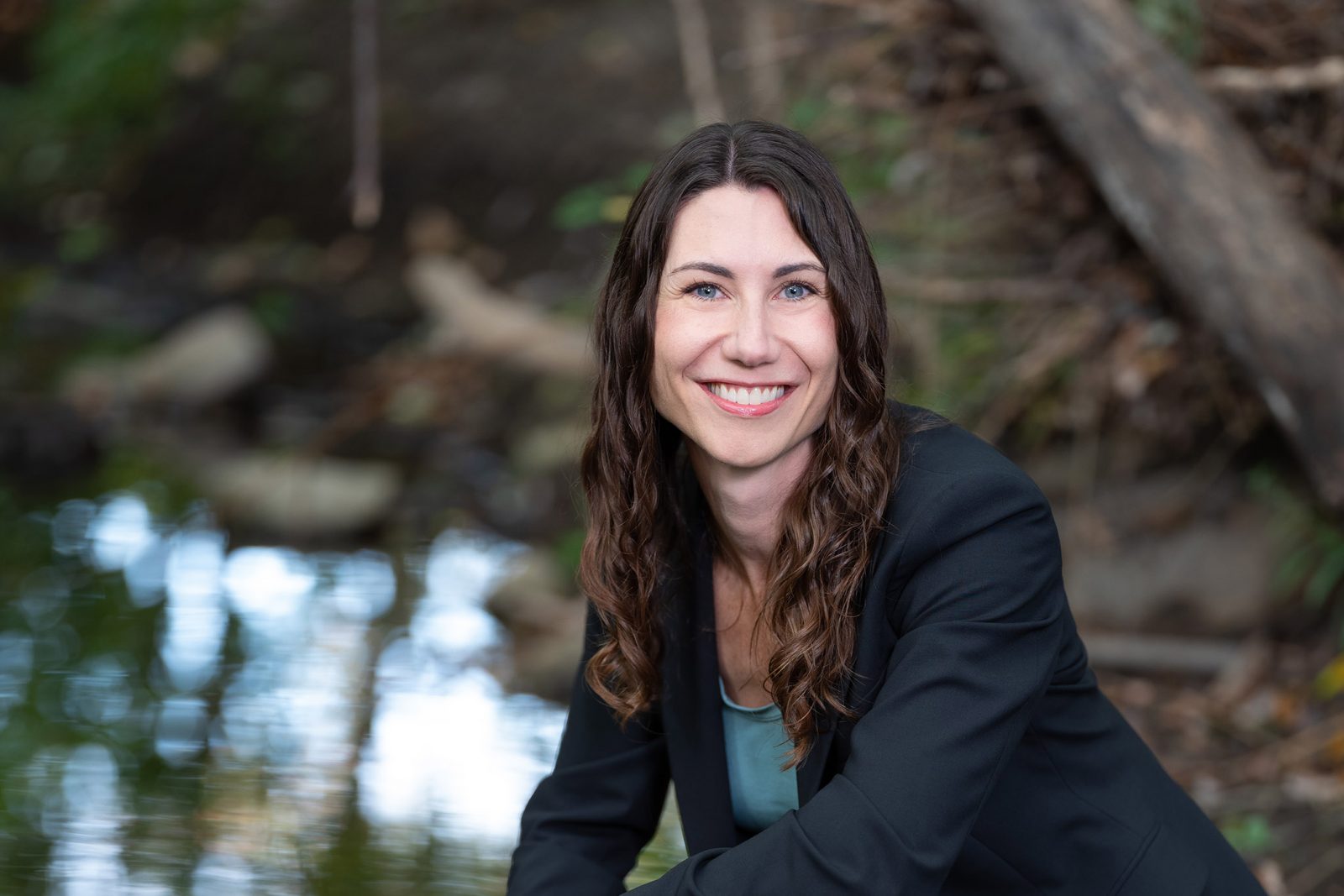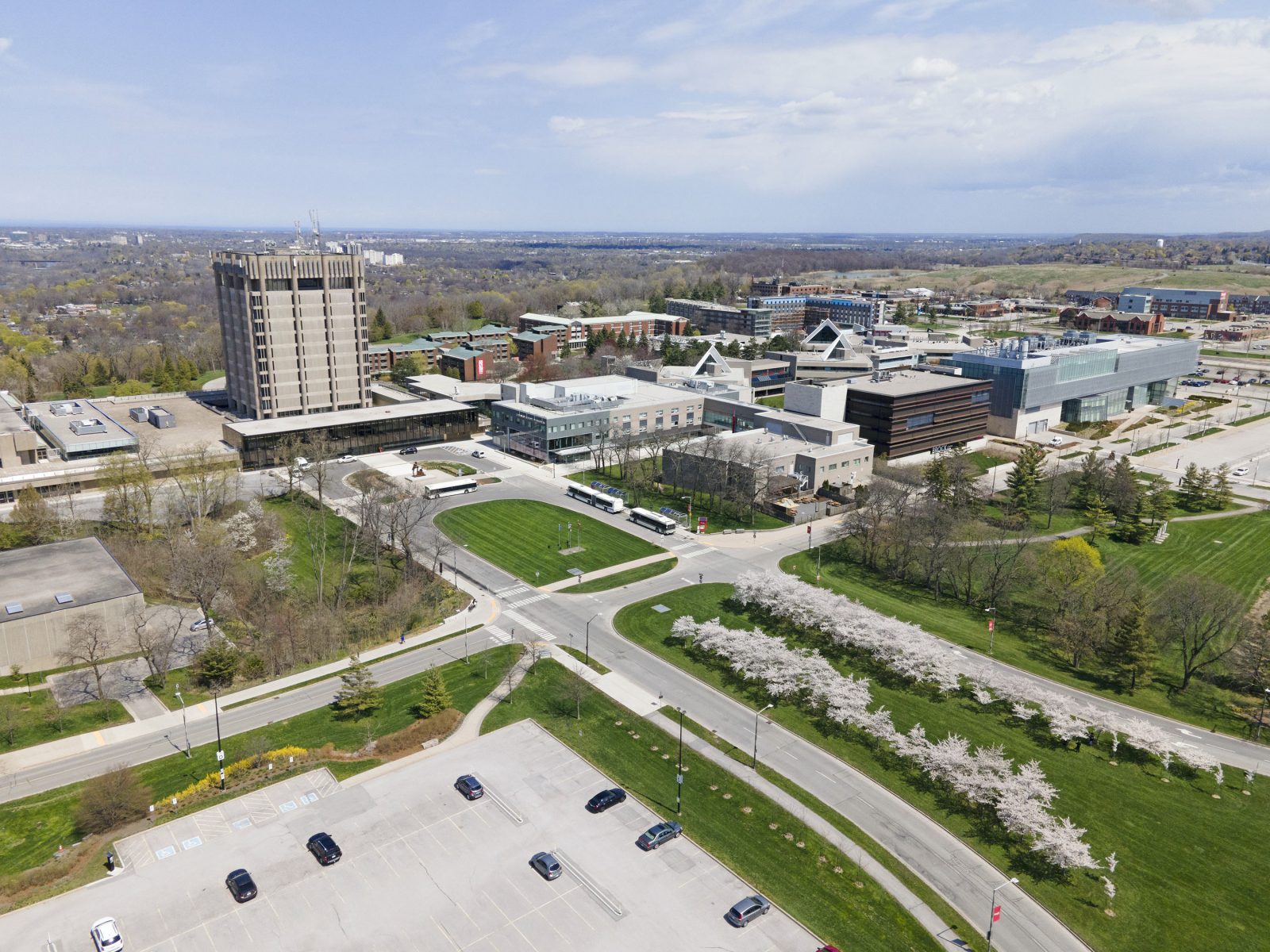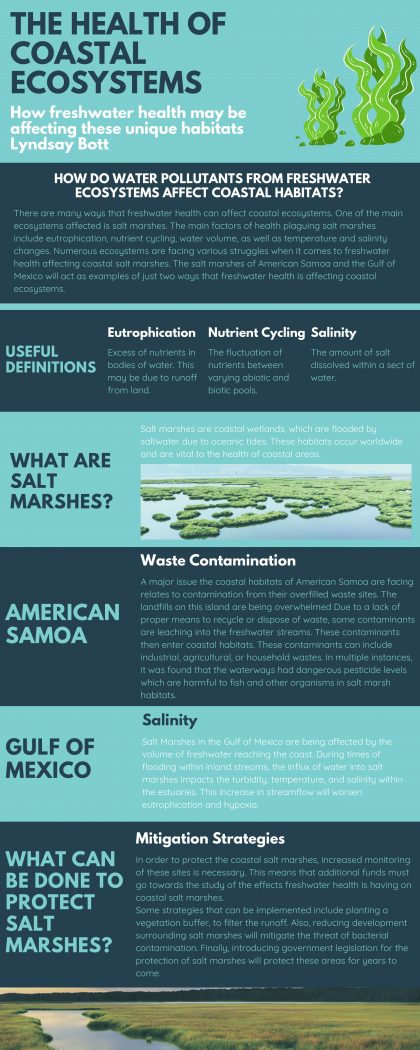Canada may contain a wealth of freshwater, but for Julia Baird, the country’s water sustainability isn’t a given.
Through her work, the Canada Research Chair (CRC) in Human Dimensions of Water Resources and Water Resilience explores the importance of managing water effectively.
The Associate Professor in Brock’s Environmental Sustainability Research Centre and Department of Geography and Tourism Studies will share her work during a trip to Ottawa to represent the University at the Science Meets Parliament 2024 event May 6 and 7.
Alongside Baird will be Danielle Sirianni Molnar, CRC in Adjustment and Well-Being in Children and Youth, whose work focuses on youth perfectionism and well-being.
The Brock Associate Professor of Child and Youth Studies will highlight her research into teens who, on the outside, are high achievers exceeding the expectations of their teachers and parents. On the inside, however, they experience high levels of stress and anxiety that contribute to poor mental health, Sirianni Molnar says.
Baird and Sirianni Molnar will join other Tier 2 CRCs, Indigenous Principal Investigators and Banting Postdoctoral Fellows across the country to discuss topics arising from their research with Members of Parliament, Senators, staff and civil servants.
“One of the really exciting things for me is that the event is about creating connections to those who are directly involved in policy-making, relationships that can be built over time,” says Baird.
“This is a fantastic opportunity to learn how research gets translated into policy so that we can have greater impact with the public and get our research findings to where it helps youth and their families,” says Sirianni Molnar.
Organized by the Canadian Science Policy Centre and the Office of the Chief Science Advisor, Mona Nemer, the two-day event brings together the country’s scientific and political communities through virtual workshops, face-to-face meetings, observation of committee meetings, attending Question Period and a networking reception.
“Brock University researchers make important and valuable contributions to scientific discovery in Canada,” says Vance Badawey, Member of Parliament for Niagara Centre. “I’m happy that Dr. Julia Baird and Dr. Danielle Sirianni Molnar will be representing Brock at Science Meets Parliament 2024 and proud they will be representing the Niagara community on the national stage.”
Chris Bittle, Member of Parliament for St. Catharines, says next month’s event is an opportunity to showcase Brock’s “world-class research.”
“I look forward to Dr. Julia Baird and Dr. Danielle Sirianni Molnar using this national platform to highlight their critically important research and share their knowledge with policy-makers from across the country,” he says.
Baird is looking forward to connecting with officials at the Canada Water Agency, created last year to improve freshwater management across the country.
“I explore the concept of governance and water resilience a lot in my work and was hoping to discuss those themes,” she says. “I’d love to talk about decision-making and how we can organize ourselves in ways that supports the long-term sustainability of Canada’s water.”
Sirianni Molnar hopes her meetings will help her take the pulse on mental health issues among Canadian youth as well as raise awareness of perfectionism among youth.
“I want to understand the perspectives of government officials: what are they seeing and hearing from their constituents about mental health needs?” she says. “This would be really helpful for my team and I to know so that we could better direct our research and more effectively align our resources.”
She’s also looking forward to gaining communication and networking skills from training sessions offered at the event.
Baird agrees, saying she aims to foster these communication and networking skills with Niagara community members to help them connect with local policy-makers.
Baird and Sirianni Molnar are also looking forward to meeting fellow researchers from across Canada.

